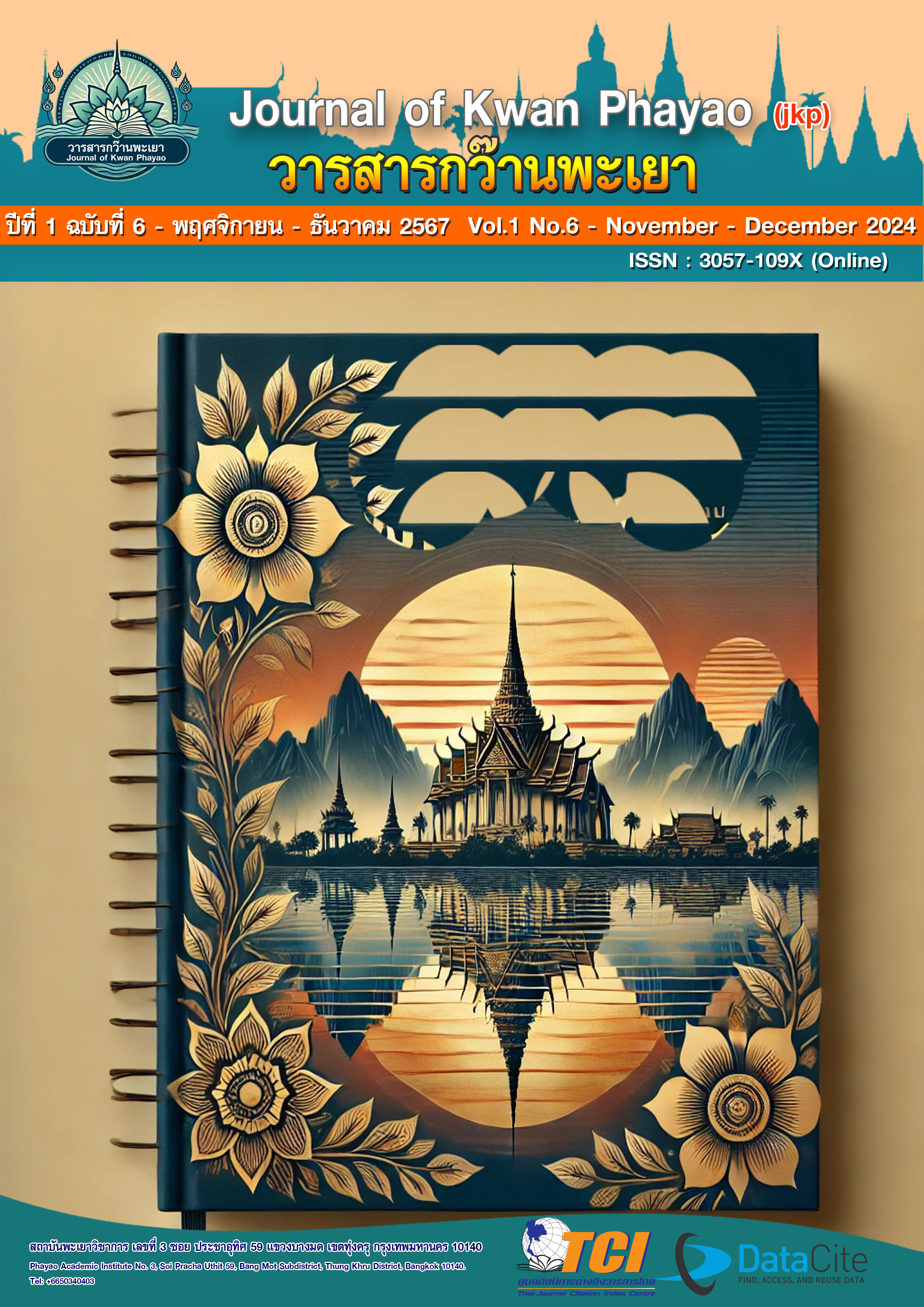THE STUDY OF IDENTITY AND DIVERSITY IN POSTMODERN SOCIETY
Keywords:
Identity, Diversity, Postmodern society, Identity formation, CultureAbstract
The study of identity and diversity in postmodern society focuses on exploring and analyzing the changes in how individuals create and understand their identities in a society that is diverse and rapidly changing. In postmodern societies, which are characterized by the recognition of differences in race, gender, religion, and culture, identity formation is not seen as a fixed or definite process, but rather as something that is negotiated and flexible, shaped by the clash of values and influences from various directions.
This study draws on theories from postmodern thinkers such as Michel Foucault and Jacques Derrida, who view identity as a result of social and cultural processes that are linked to power dynamics and social control. The research also emphasizes how cultural and social diversity plays a role in transforming the ways identity is understood, as well as the impact of cultural differences in everyday life.
The findings of the study highlight that diversity not only challenges traditional forms of identity but also influences the creation of social relationships and the struggle for social justice in an increasingly diverse world. Therefore, identity in postmodern society is a complex process that allows for change across multiple dimensions, both at the individual and societal levels.




